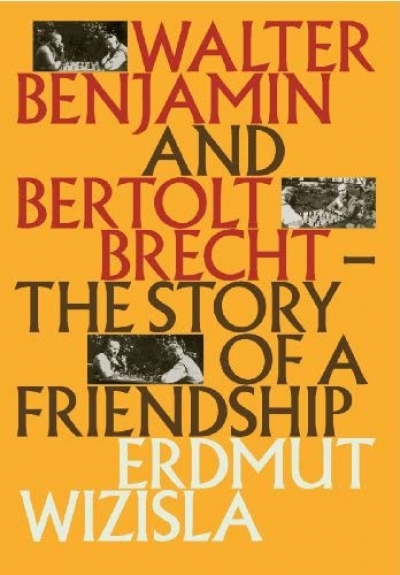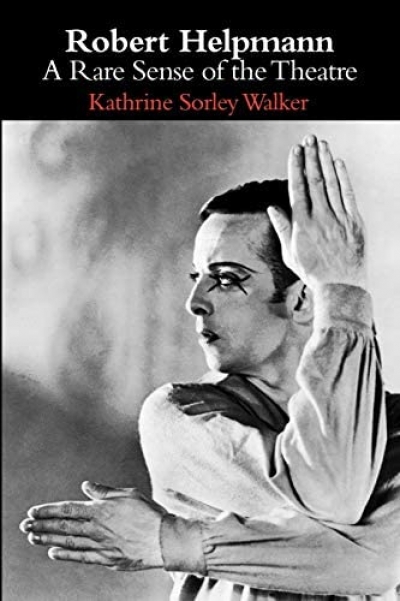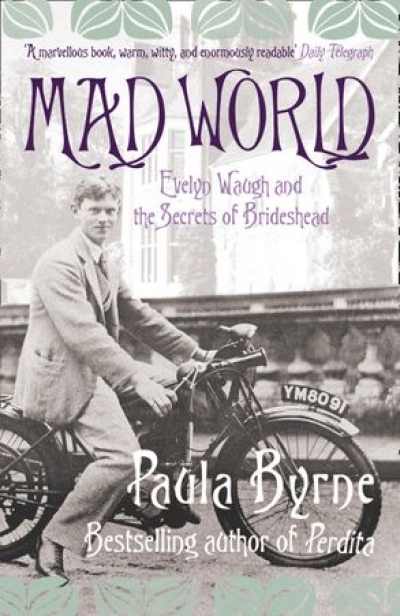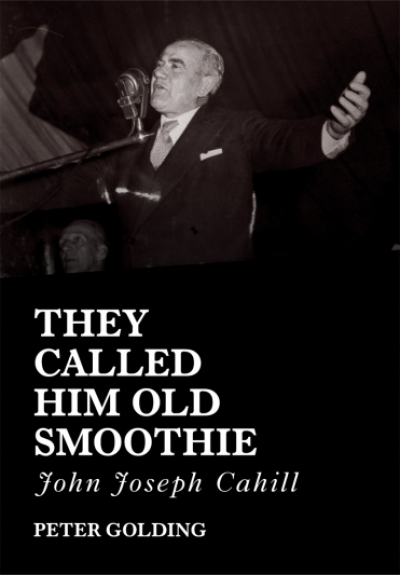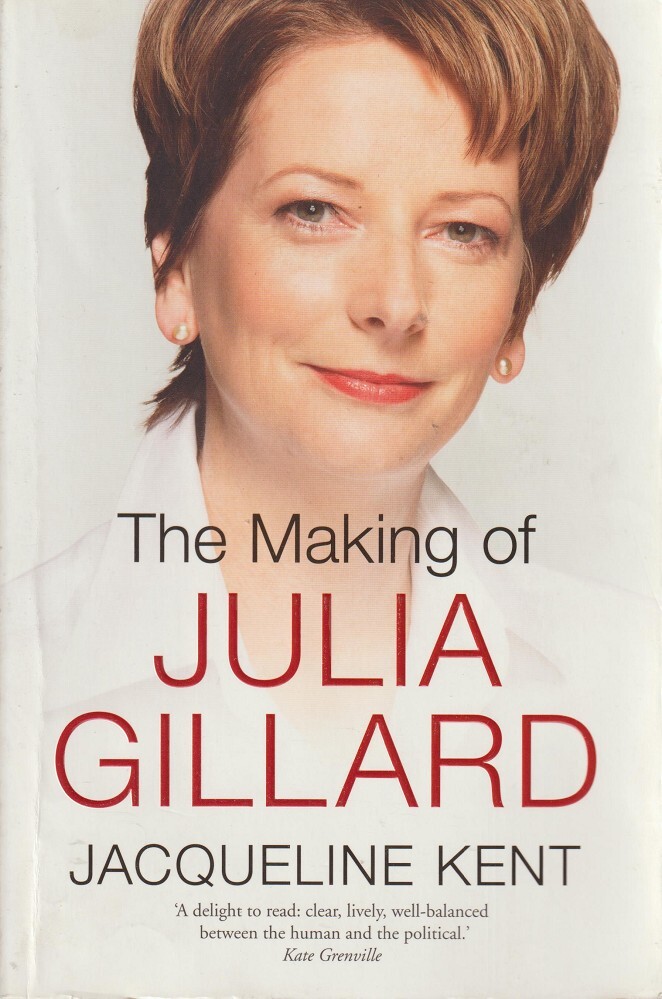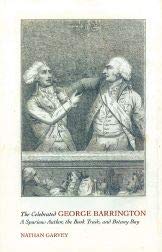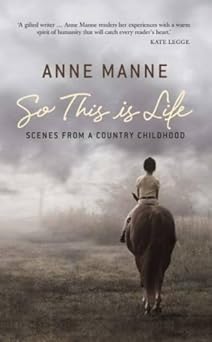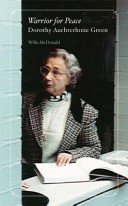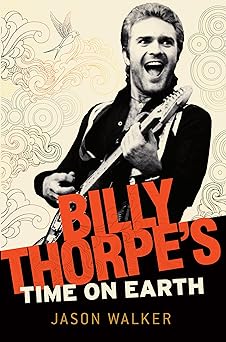Biography
Walter Benjamin and Bertolt Brecht: The Story of a Friendship by Erdmut Wizisla, translated by Christine Shuttleworth
German commentators have often asserted – not without some justification – that passages of the established Schlegel-Tieck translation of Shakespeare are superior to the original. A contentious proposition, perhaps. But in the case of the volume under review, which first appeared in German in 2004, there is no doubt that although, as the publisher’s note points out, ‘a section devoted to a discussion on the debate … about the initial republication and publication of Walter Benjamin’s work in Germany from the mid fifties’ has been omitted, the resulting book is clearer and more user-friendly than the original, with its arguments shown to better advantage. A chronology of the Benjamin-Brecht relationship (relocated more sensibly at the front of the book), plus a map and time chart of the two writers, make it easier to refer back to the stages and dates of the relationship, along with – so crucial to an understanding of the course of the friendship and temper of the debates between the two principal participants, as well other involved contemporaries – the stations of the exile years between 1933, 1941 (Benjamin’s death), and 1947 (Brecht’s return to Europe).
... (read more)Robert Helpmann: A rare sense of the theatre by Kathrine Sorley Walker
Last year marked the centenary of Robert Helpmann’s birth. Apart from a tribute at the Helpmann Awards ceremony – the ‘Bobbies’ – in July 2009, no Australian performing arts company celebrated the anniversary of this polymorphous artist and early advocate for a national artistic life created by Australians, not by northern-hemisphere exporters. Two new books and a vibrant touring exhibition went part of the way towards providing a fitting tribute.
... (read more)Mad World: Evelyn Waugh and the secrets of Brideshead by Paula Byrne
Anthony Blanche stands on the high balcony with a megaphone. With practised stammer he recites The Waste Land to puzzled undergraduates walking below in Christ Church Meadow. ‘How I have surprised them!’ he assures the other Old Etonians gathered for languid lunch in Lord Sebastian Flyte’s rooms. In this single image, Evelyn Waugh fixes Blanche in our memories – privilege, aesthetes, the creeping arrival of bewildering new art to the Oxford of 1923.
... (read more)They Called Him Old Smoothie: John Joseph Cahill by Peter Golding
John Joseph Cahill (1891–1959) rose from humble beginnings as a railway worker to become the premier of New South Wales during the 1950s. Although more interested in listening to band music on the wireless than in anything approaching High Culture, he was nonetheless instrumental in championing the cause of the Sydney Opera House. Ordinary working people, he believed, were entitled to more than just the essentials of life. Peter Golding’s intriguing biography will introduce many people to the life and career of this rough, politically hardened but fundamentally decent Labor politician.
... (read more)Could it be that there is less to Julia Gillard than meets the eye? She is a woman of fierce intelligence, Australia’s best parliamentary performer, and one of the sharpest wits in Canberra. I met Gillard a couple of times early in her political career, when she was shadow minister for immigration, and engaged her in a lengthy discussion about refugee policy. This was not long after the Tampa affair, when Labor was searching for a way back from the wilderness of electoral defeat and the party was bleeding internally from wounds caused by rank-and-file anger at its response to John Howard’s handling of the asylum seekers issue. I found Gillard to be charming, engaging and funny. She was well briefed, open to argument and ideas, but questioning and critical. I had the sense even then that her feet were firmly grounded in the reality of electoral politics: that no policy proposal would pass muster if it might constitute a serious obstacle on the path back to power in Canberra.
... (read more)The Celebrated George Barrington: A Spurious Author; The Book Trade, And Botany Bay by Nathan Garvey
George Barrington was a fascinating man, and Nathan Garvey is his latest ‘victim’. Barrington’s life was a source of almost daily fascination to eighteenth-century contemporaries; some mystery still surrounds him. His birth date remains equivocal – was it 1755 or 1758? Church records don’t survive to help here, but it was probably the former. Were his parents artisans to the Irish gentry – a silversmith and mantua-maker – or less skilled workers? Even his name is a matter of antiquarian enquiry. The fact remains that George Barrington, the gentleman Prince of Pickpockets, well-known convict traveller to Botany Bay and putative author, appeared to the world in various celebrated guises and captured popular attention. He occupies an ambiguous place in the world of crime, history and fiction.
... (read more)So This Is Life: Scenes From A Country Childhood by Anne Manne
Anne Manne’s publisher invites us to include So This Is Life in the classical canon of autobiographies of Australian childhood – Hal Porter’s The Watcher on the Cast-Iron Balcony and Raimond Gaita’s Romulus, My Father. In Australian letters there has been a long tradition of autobiographical writing of childhood; this produced some of the earliest critical writing on autobiography – by Richard Coe and Joy Hooton, for example. But I remain unconvinced by the MUP blurb, for Manne’s essays do not take us back to Porter or Gaita at all. Rather, they suggest the rich and dreamy vignettes of David Malouf’s autobiographical 12 Edmondstone Street or the precisely observed rural domesticity that is captured in Olga Masters’s Cobargo stories. Daisy, Lily and Ivy, Manne’s great-aunts, all unmarried, who live together in the formerly grand but now decaying two-storey house where ‘absolutely nothing happened’, recall Masters’s ‘home girls’; Manne’s affective memory of her grandmother’s linen cupboard recalls the childhood perception and memory work that Malouf captures so powerfully.
... (read more)Warrior For Peace: Dorothy Auchterlonie Green by Willa McDonald
[I]magine that a dictator had decreed that all publications in the future must be signed ‘Anon’, on pain of imprisonment. This would clear the ground of all but the most dedicated and necessary authors, allow trees to breathe more freely, and diminish the carbon imbalance. It is worth thinking about.
... (read more)Billy Thorpe’s story is the perennial one of an Australian artist dissatisfied with domestic success. In this account of the late pop star’s career, Jason Walker bypasses discussion of Thorpe’s music per se to present him as ‘truly Australian … a battler, a doer [and] a self-promoter’ who lusted for international recognition. While it vividly recounts Thorpe’s life (1946–2007), including enough sex, drugs and equipment fetishism to delight boyish music fans, the real strength of Billy Thorpe’s Time on Earth is its profile of Thorpe’s careerist, provincial psyche and the lengths he went to in search of adoration.
... (read more)Calvin by Bruce Gordon & Political Grace by Roland Boer
John Calvin has not had a good press among the general or even the educated public. Marilynne Robinson caricatures the popular view: ‘an eighteenth-century Scotsman, a prude and obscurantist with a buckle on his hat, possibly a burner of witches, certainly the very spirit of capitalism.’ Even Les Murray, who of course knows a lot of ‘religious stuff’, in a recent poem (‘Visiting Geneva’), addresses ‘John Calvin, unforgiver / in your Taliban hat’. The reasons are, no doubt, complex. Calvin has mistakenly been given sole responsibility for the fate of Michael Servetus. His relationship with Geneva has been misunderstood. Predestination has been seen as the centrepiece of his theological system, when it is questionable whether one can speak of a ‘system’ at all.
... (read more)

